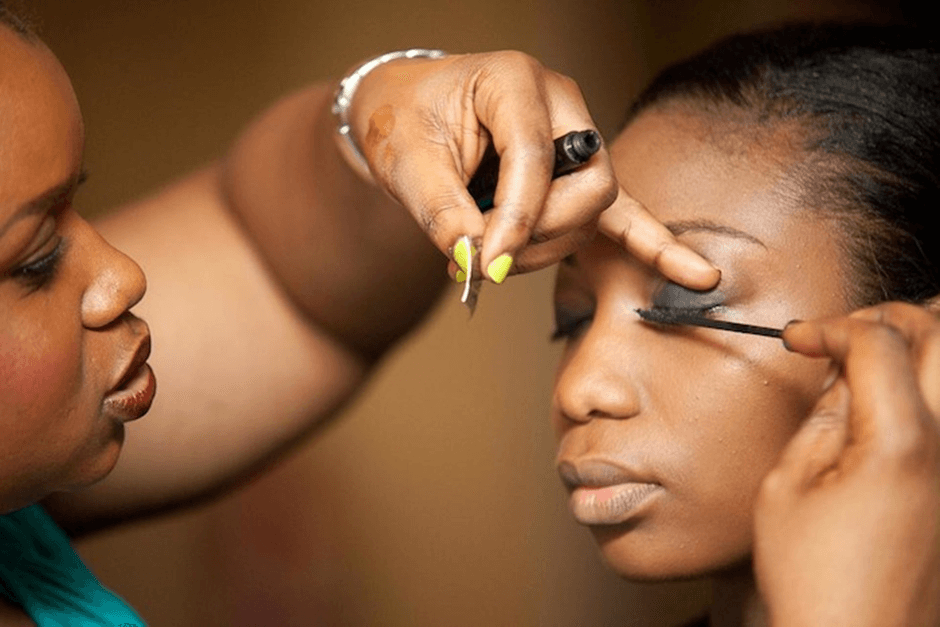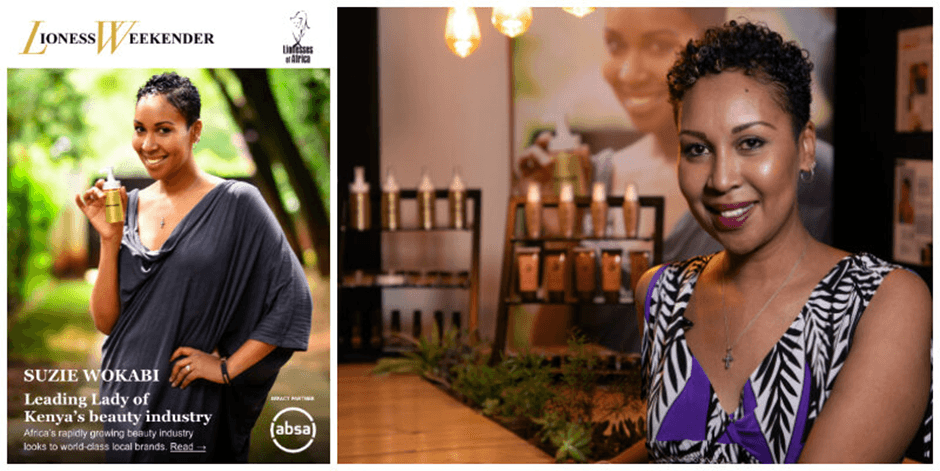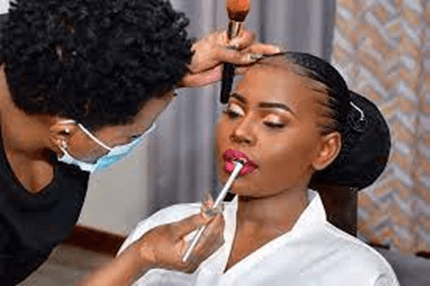
Exploring Kenya’s DIY Beauty Industry: From Natural Hair to Organic Skincare in 2025
Introduction

Kenya’s beauty industry is rapidly evolving, reflecting global shifts towards natural, organic, and sustainable beauty practices. In 2025, the DIY beauty movement has gained considerable momentum, driven by increasing awareness about harmful chemicals in mainstream beauty products and the desire to use more sustainable and local ingredients. Kenyan consumers are now more conscious of the origins of the products they use, opting for natural and homemade beauty solutions that reflect both the country’s cultural heritage and its vibrant, innovative spirit.
The Rise of DIY Beauty in Kenya

The DIY beauty industry in Kenya is growing in tandem with the global trend towards personal empowerment and self-care. Kenyans are moving away from mass-produced commercial beauty products, seeking alternatives that are less chemically intensive and more in tune with their skin types and cultural values. The growth of social media platforms, particularly Instagram and YouTube, has further fueled the DIY beauty trend, with Kenyan beauty influencers and bloggers leading the charge in promoting organic skincare routines, haircare, and homemade beauty remedies.
Natural hair care has become one of the most prominent aspects of Kenya’s DIY beauty movement. The rise of afrocentric beauty and self-expression has encouraged many Kenyan women to embrace their natural hair textures, creating a vibrant market for homemade products specifically formulated for different hair types. Homemade oils, shea butter, aloe vera, and coconut oil have become staple ingredients in Kenyan households, with women learning from social media influencers how to create hair masks, conditioners, and shampoos that promote healthy, natural hair.
Cultural Influence on Kenyan Beauty Trends
The growing interest in DIY beauty solutions in Kenya can be largely attributed to a cultural resurgence of pride in natural beauty, especially among younger generations. For many years, Kenyan beauty standards were heavily influenced by Western ideals, leading many to engage in practices like hair relaxing and using skin lightening products. However, the increasing focus on embracing natural beauty, as well as the societal push to celebrate ethnic identity, has seen a shift towards the reclamation of traditional beauty practices.
In many Kenyan communities, traditional beauty practices have long been passed down through generations. Natural ingredients like neem, moringa, baobab, and hibiscus are still used in many rural and urban areas for their healing and beautifying properties. These products have now found their way into the mainstream DIY beauty market, where they are used not only for skin health but also for rejuvenation, anti-aging, and even body detoxification.
The Organic Skincare Movement

Kenya’s organic skincare movement is booming as more consumers opt for locally sourced, chemical-free products. The demand for organic skincare products has led to the emergence of small-scale businesses and entrepreneurs who specialize in crafting handcrafted soaps, body butters, facial oils, and other skincare essentials. These products are often made from indigenous African herbs and plants known for their healing properties, such as tea tree oil, moringa oil, and baobab oil.
Consumers are increasingly becoming aware of the potential dangers of synthetic chemicals found in conventional skincare products, such as parabens, sulfates, and phthalates. As a result, there has been a significant increase in the use of ingredients that are more in line with the country’s sustainable and health-conscious ethos. Local beauty brands, such as those offering handmade soaps, balms, and serums, have become popular among Kenyan consumers looking for eco-friendly options. Not only are these products healthier for the skin, but they also reduce the environmental impact associated with mass-produced packaging and chemicals.
Kenyan Entrepreneurs in the DIY Beauty Space

The DIY beauty movement in Kenya has given rise to a thriving community of entrepreneurs who are taking the market by storm. Many of these entrepreneurs focus on the use of local, organic ingredients sourced from Kenya’s rich biodiversity. Small businesses that focus on handmade, natural beauty products have sprouted across the country, creating employment opportunities and stimulating local economies.
Many beauty startups now run online shops, where Kenyan consumers can access a wide range of natural beauty products. These businesses also offer educational content to help consumers understand the benefits of using natural products, how to create their own DIY beauty routines, and how to select the best products for their specific needs. The accessibility of these platforms has further contributed to the widespread popularity of DIY beauty in Kenya.
The Global Appeal of Kenyan DIY Beauty
Kenya’s growing DIY beauty industry is gaining international recognition as well. The focus on natural, organic ingredients from Kenyan farms and indigenous plants offers a unique selling point in the global beauty market. International consumers are becoming increasingly aware of the benefits of African natural skincare and haircare solutions, which has opened up a new export market for Kenyan beauty products. Kenyan beauty brands that highlight the use of African botanicals are now being marketed abroad, particularly in Europe, North America, and parts of Asia.
In fact, global beauty retailers and beauty influencers are increasingly seeking out Kenyan beauty products, which is contributing to the internationalization of Kenya’s beauty sector. The export of products like moringa oil, shea butter, and black soap has allowed Kenya to position itself as a leading player in the organic and natural beauty product industry.
The Challenges and Opportunities of the DIY Beauty Industry
While the DIY beauty industry in Kenya is rapidly expanding, challenges remain. One of the main obstacles is the lack of access to high-quality raw materials, particularly in rural areas, where sourcing these ingredients can be difficult. Furthermore, the industry also faces challenges related to regulation and quality control, with some DIY beauty products potentially causing skin irritations or other issues if not made or used correctly.
Despite these challenges, the potential for growth in Kenya’s DIY beauty market is significant. With the right infrastructure, education, and support, this burgeoning industry can continue to thrive, offering both economic opportunities and sustainable, health-conscious beauty solutions for Kenyans.
Conclusion
The DIY beauty movement in Kenya in 2025 is not just a trend but a significant cultural shift. Embracing natural beauty and skincare products has allowed Kenyans to reconnect with their cultural roots and traditional beauty practices while also empowering them to take control of their health and wellness. The industry is creating jobs, fostering innovation, and increasing Kenya’s global standing in the natural beauty market. As demand for organic, locally sourced products continues to grow, Kenya’s DIY beauty movement is set to become a major player in the global beauty industry, offering a unique and sustainable approach to personal care.
References
- “The Rise of DIY Beauty in Kenya” – Kenya Beauty Trends
- “Organic Skincare Brands in Kenya: A New Era” – Kenya Natural Beauty
- “Natural Hair Care in Kenya: Embracing the Afrocentric Movement” – Kenya Natural Hair
- “DIY Beauty Recipes from Kenya” – Kenya DIY Beauty
- “Kenya’s Impact on the Global Natural Beauty Industry” – Global Beauty Insights








